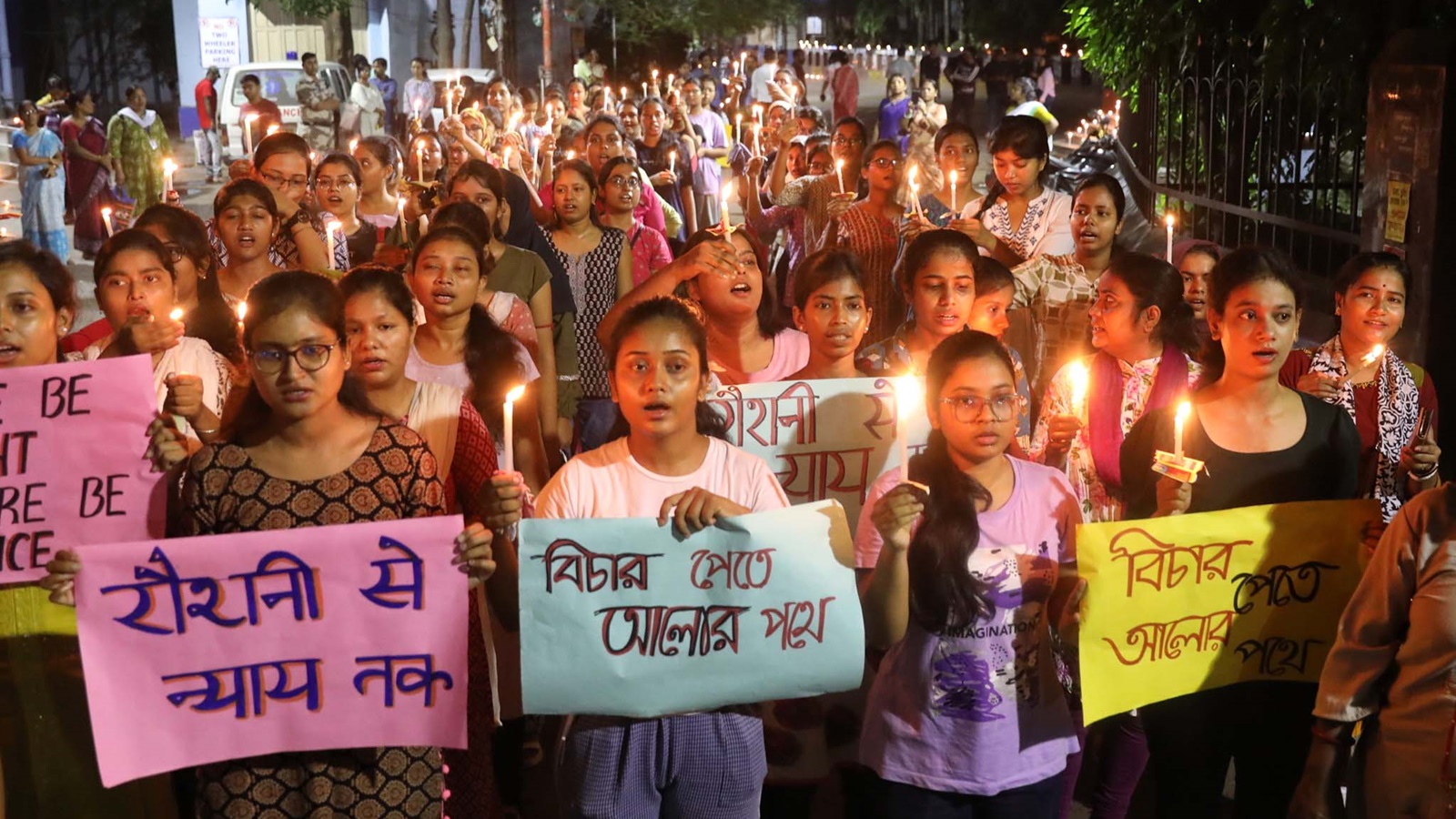Browsing through the newspaper, my teenage son came across the news of the rape and murder of a doctor in Kolkata. Like with most things in life, he brought it to me and asked “Why?”. He was hoping for a logical, somewhat cogent explanation, as he would, for a math or science problem. We’ve discussed news about sexual assault of women before, and over time they’ve lost the shock they brought him, though he still grapples with the why of it.
I am trying to find ways to answer his question better.
When he was younger, I would quickly redirect such conversations to generalities like consent, respect and equality. As far as I was concerned, I was doing my job. Focusing on positive ideas rather than negative news. Dismissing the bad. Reinforcing the good. To my satisfaction, I found him replaying these ideas in essays at school. That’s quite something for a boy his age, I thought.
We have had the good and bad touch conversation and repeated them at appropriate age intervals, with progressively increasing details. We have gradually unboxed the spectrum of sexual orientations and gender identities. We’ve been checking the boxes on creating positive attitudes towards sex and sexuality. He doesn’t get squeamish or smirk-y in those conversations anymore.
When it comes to discussing incidents of sexual misconduct however, I find myself carefully avoiding the unpleasant details. Ostensibly, to spare him the graphic nature of crimes against women. A sanitised version of the facts should be enough; he’s still a boy, I rationalise. Though perhaps, what is closer to the truth is that, like most parents of sons, I am in denial. I refuse to believe that my son, MY SON, is capable of ever assaulting a woman. He must be spared the squalid minutiae of actions he will never commit.
The older he gets though, the more I realise how amorphous this morality is. On a softboard in his room, there is a calligraphed poster, underlined with a two-tone marker for emphasis: Always Respect Women. And yet, often, he walks past the poster to play the catchy song that urges a woman to shake that thing. We have regular chats about personal boundaries even as he speaks of the men he saw gawking at women on the streets. He submits that essay about women empowerment in class, though minutes later, his friend brings his attention to the length of their school mate’s skirt. Casual unfettered misogyny floats, pokes, seeps in, from every direction.
To fight this overwhelming stimulus, I find myself resorting to familiar tropes: “How would you feel if your sister or mother or teacher was subjected to it?’ But as the ineffectual prompt comes out of my mouth, it’s hard to ignore its frailties. Why should the point have to be made about sisters or mothers to ascribe relevance? Why shouldn’t it be just about any woman? Also, will this line of argument fester and grow into familiar attitudes – men asking their sisters and wives to wear certain types of clothing or to stay at home in the name of protecting them?
What then does one do?
I go online to look for more inventive ways to help explain things to him when I come across a horror video game. In it, the female protagonist, working the night shift in a café, is being stalked by a man lurking outside. Promising intrigue and jump scares, the game apparently has only three outcomes: One, where she walks through the door and is killed instantly. Two, she crawls through the air duct and escapes to her car, only to find the stalker in her backseat. Three, she manages to kill the stalker (or so she thinks) and gets home safely. But then, the stalker jumps out at her from inside the closet. While the players don’t know it, there’s no version of the game where it ends well for them (and her).
For a brief moment, I consider getting my son to play it. Will it help him experience what it means to live in a woman’s mind and body? But I feel horrified instantly. How can I possibly introduce him to a version of reality where physical assault on women has been gamified for mass entertainment?
I am still struggling to answer my son’s question: Why do men rape? I try and use every conversation to ingrain strains of incorruptible goodness in the man he will be. Respect is too much of an abstract noun. He needs to know the verbs, actions and behaviour to deliver it.
Am I expecting too much awareness from a 16-year-old? Worse still, am I trying to unburden my societal guilt on a child? Who knows? I’d rather keep throwing everything I can at him and hope that bits of it stick and stay.
The writer is a single parent and filmmaker



